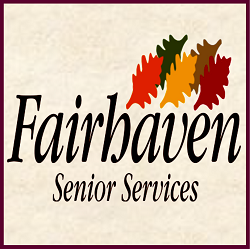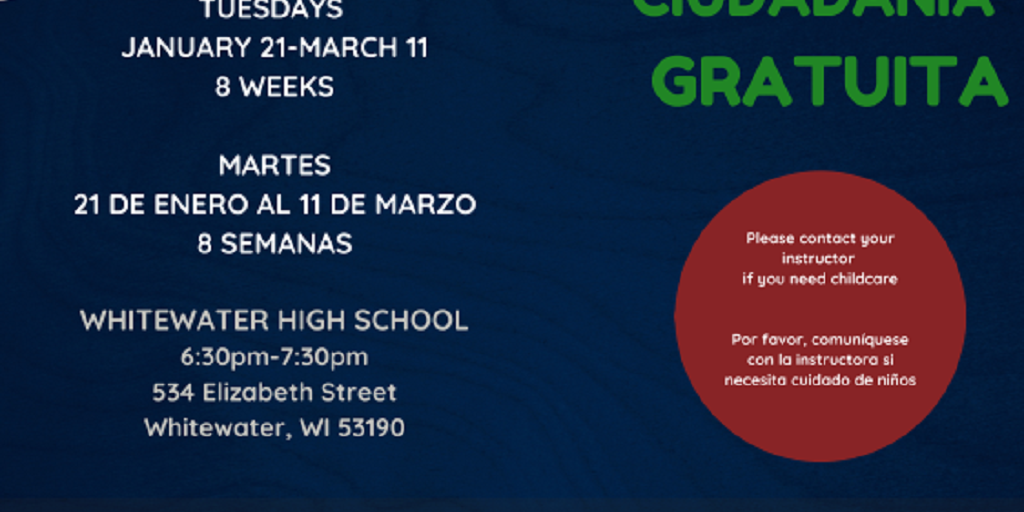Public Health Emergency COVID-19 Alert
Very High COVID-19 Activity Levels – Celebrate Upcoming Holidays Safely
(Press release – Dec. 17) Issued by the following Local Health Departments: Adams, Columbia, Crawford, Dodge, Grant, Green, Iowa, Jefferson, Juneau, Lafayette, Madison/Dane, Richland, Rock, Sauk, Vernon, Watertown
The impact of COVID-19 continues to affect our lives every day. As we head into the Holiday season, the Southern Region Public Health Officers are issuing a Public Health Emergency COVID-19 Alert to urge residents to follow good public health practices this holiday season. Public Health Officers stress that it is safest to celebrate upcoming holidays with the people in your immediate household and not risk gathering with others. Traveling, hosting guests indoors, and sharing food, utensils and plates all pose significant risks, they warn.
“Now is the time to be persistent with following public health recommendations. Every act of prevention matters and will continue to be important this Holiday season,” explained Debbie Siegenthaler, Chair of the Southern Region’s WI Association of Local Health Departments and Boards (WALHDAB).
“There’s still a large amount of community transmission in every area of the region and state. Keep gatherings small and wear a mask anytime you’re in an indoor environment with someone that you don’t live with. Our health care and public health workers continue to need the help of the community in slowing spread so that hospitals can continue to meet patient needs,” Siegenthaler urged.
All public health jurisdictions, except one, in the Southern Region of Wisconsin are in the “Very High” category for Activity Level, with case burdens between 350 and 1,000 cases per 100,000 people. One of the counties in the Southern Region is in the “critically high” category with a case burden over 1000. The Wisconsin Department of Health Services (DHS) tracks disease burden and activity level through the Disease Activity Dashboard to give Wisconsinites a better idea of how COVID-19 is impacting the state.
Health Departments in southern Wisconsin issue this alert with hopes we can avoid having critically high levels of COVID-19 as experienced in mid-November which resulted in increased COVID-19 related hospitalizations and deaths.
An important focus is on individuals at a high risk whom we recommend remain home as much as possible. Factors that place you at higher risk include having an underlying health condition, including asthma, obesity, compromised immune system due to conditions like cancer, HIV or AIDS, and serious chronic illnesses like kidney, heart, lung or liver disease. In addition, older adults, over the age of 60, are at higher risk for severe illness from COVID-19. If you are unsure if you are high risk, please reach out to your health care provider. See also https://www.dhs.wisconsin.gov/covid-19/risks.htm
Further strategies from (DHS) for reducing the risk of spreading COVID-19 during the upcoming holiday season can be found here. Additionally, Governor Evers signed Executive Order #94, which advises Wisconsinites to stay home, urging them to take precautions to stay safe if they must leave their home, and encouraging businesses to take more steps to protect their customers, employees, and the community.
Everyday Practices to Stop the Spread
• Physically distance at least 6 feet from people with whom you do not live.
• Wear a cloth face mask, unless unable to wear one for medical reasons.
• Wash your hands frequently with soap and water, or use hand sanitizer with at least 60% alcohol.
• Indoors: do not gather with people outside of your household.
• Outdoors: limit gatherings to 10 people or fewer, physically distance and wear face coverings.
• If symptomatic, call your health care provider, get a test, and stay home while awaiting results.
• Cooperate with public health officials if you have tested positive or are a close contact.
“It can be difficult suggesting changes to holiday traditions, which we understand,” said Siegenthaler. “Remember that safer celebrations offer protection for the most vulnerable members of your family so you can all gather for years to come.”
For more information on cases in your area and COVID-19 recommendations, visit your local health department’s website.





















